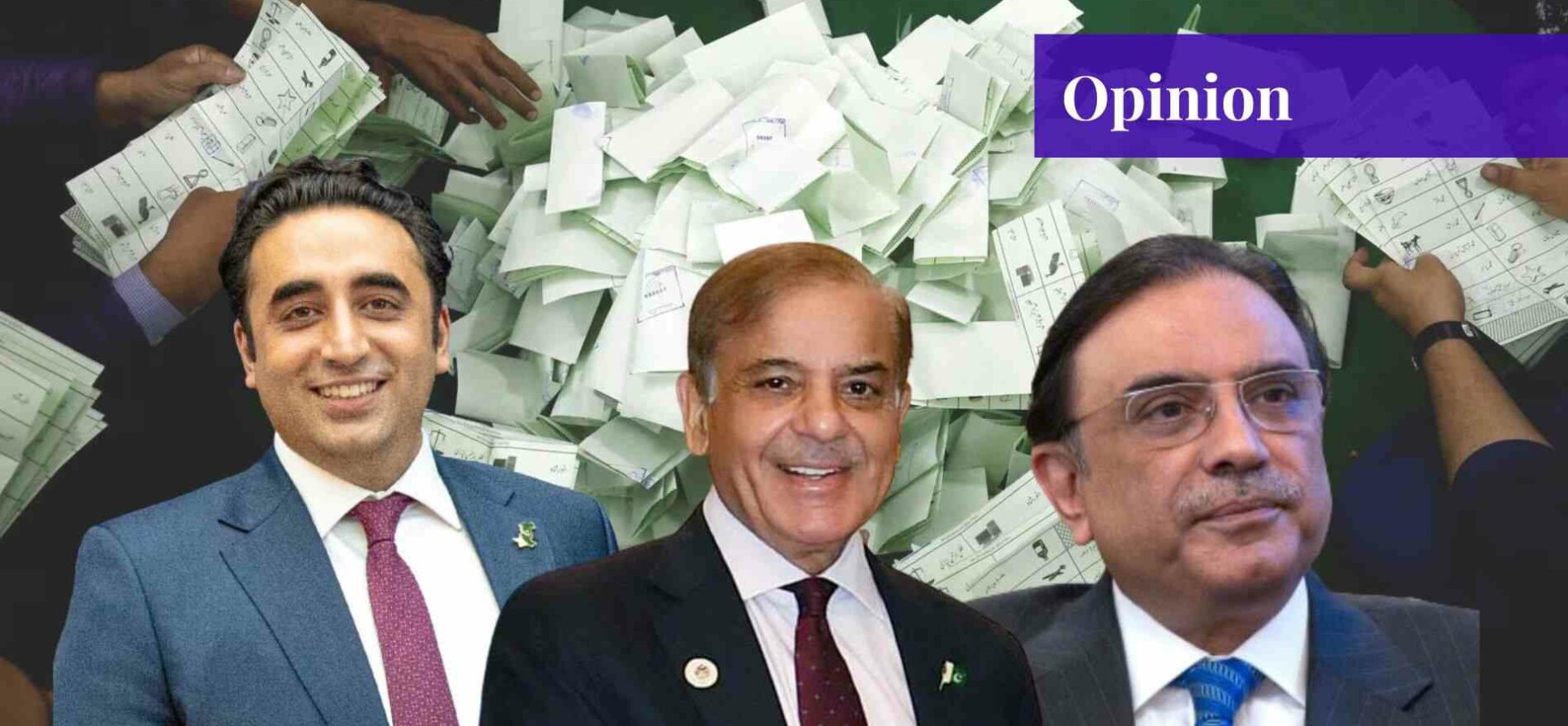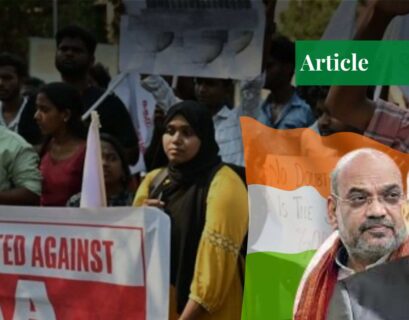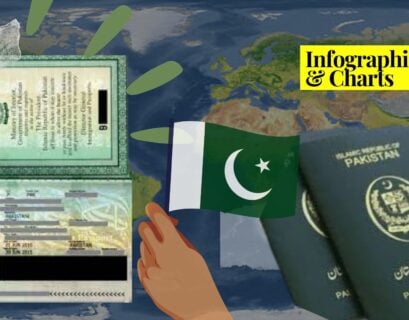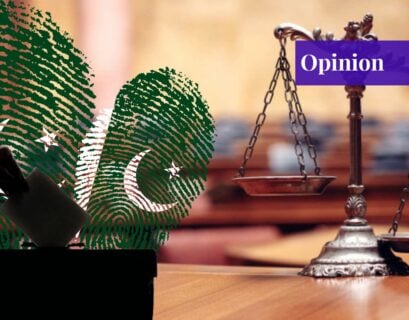Aneeza Atif is currently enrolled in her final semester of BS International Relations at International Islamic University, Islamabad.
The Disappointing Elections
Pakistan is depicted as a fractured democracy in the global arena. The country has been in a state of political turmoil ever since the legitimate government was democratically ousted through a vote of no confidence from the parliament in April 2022. Political instability prevailed under the tenure of the interim government. The economy shattered amidst all the political chaos, and the continued postponement of elections did not help either. Eventually, on November 3, 2023, the Supreme Court of Pakistan announced the election date of February 8, 2024.
Prior to the election day, foreign media and organizations like Human Rights Watch have been adamant that Pakistan requires more than the conduction of elections to be a democratic state in the truest sense. These elections were believed to have a huge youthful electoral demography in the country’s history. Reports claim more than 44% of the electorates are aged under 35. The youth had dedicated hopes with the state’s power elite, maybe one last time.
Election day was followed with much fervor and zeal. It was an unpredictable poll where no political party won an absolute majority needed to form a government on its own. The public hopes were shattered when electoral results were not officially announced days after the polls were contested. Domestically, the nation is frustrated by such rigged elections, regime changes, and power politics where the welfare of the citizens is undermined. Public sentiment provides no soft corner for the coalition government of parties who have held power for decades; they would not fall for verbal promises anymore.
Top officials of the American Congress and British Parliament have imposed several accusations on the electoral system of Pakistan, blaming it for not providing a level playing field to all parties. There have been reported incidents where the United States has condemned electoral violence in Pakistan. The youth, representing a majority in the 2024 polls, had associated high hopes with the completion of this democratic process.
To their utter dismay, the results left them perplexed, disappointed, and frustrated. Such a scenario led to massive propaganda on the web and even to date, the political hub “X” remains banned in the country.
International Response to the 2024 Elections in Pakistan
Such a model of democracy isn’t new in Pakistan; it has been under practice for the last 75 years or so. What distinguished the recent polls from the past is the narrative and excessive propaganda pertaining to the polls being rigged by state institutions. It turned Pakistan into an international joke and tarnished the state’s legitimacy internationally.
The European Parliament even issued a brief on electoral rigging in Pakistan. It mentioned the injustice done to the Pakistan Tehreek-e-Insaaf (PTI), mainly by the Supreme Court of Pakistan, by depriving it of its iconic bat symbol. In a country where 40% of voters are illiterate, party symbols play a pivotal role in decision-making.
The European Parliament is skeptical of the rejection of the nomination papers of PTI candidates where they were forced to contest as independent candidates. Summing up, a level playing field was not provided to PTI while their leader, the famous sportsman, Imran Khan, remains Pakistan’s most popular political leader.
The United States Institute of Peace, in an analysis of how elections in Pakistan would impact the US foreign policy, predicts that the policy on pressing issues like a ceasefire in Kashmir, rigid ties with the Taliban regime in Afghanistan, and dealing with terrorism-related challenges shall be unaltered, mainly because these issues are dealt with by the military establishment and not the mainstream political parties in Pakistan.
What Does the Future Hold?
Taking into consideration the issuance of statements like these, the current coalition government will have to align its foreign policy objectives to attain legitimacy among Western alliances. Chinese investments are expected to rise, especially regarding the completion of the CPEC project, since the initial dialogues began during PML-N’s previous tenure. Furthermore, the Chinese are concerned with the protection of Chinese personnel and Chinese organizations working within the state borders.
Some analysts are of the view that a long history between the Modis and Sharifs may indicate the prospect of détente between rival neighbors. Maleeha Lodhi, a Pakistani diplomat, states that managing relations with New Delhi will prove to be the most vexing foreign policy test for the current government.
The alleged rigging of polls and the propaganda that followed could be a potential hurdle for the new government but both ruling parties (PML-N and PPP) have a history of exceptional ties with the West as well as Saudi Arabia and UAE. It is more likely that they will pave the way for enhanced investments from China and others, but the position of Pakistan is vague when it comes to IMEC, the proposed economic corridor linking India to Europe and the Middle East.
Currently, Pakistan is a lost state, finding its way through economic turmoil, stuck with the IMF, taking loans to counter loans, etc. The greatest challenge for the government is to gain legitimacy domestically, where the masses are in a state of revolt against the state. The masses are exasperated by inflation which rose by a rate of 29.7% in 2023. Momentous reforms, both social and economic, are needed to satisfy the public. The coalition government must induce political tolerance and draft a long-term sustainable policy for the country and its expeditiously growing population.
If you want to submit your articles, research papers, and book reviews, please check the Submissions page.
The views and opinions expressed in this article/paper are the author’s own and do not necessarily reflect the editorial position of Paradigm Shift.



















